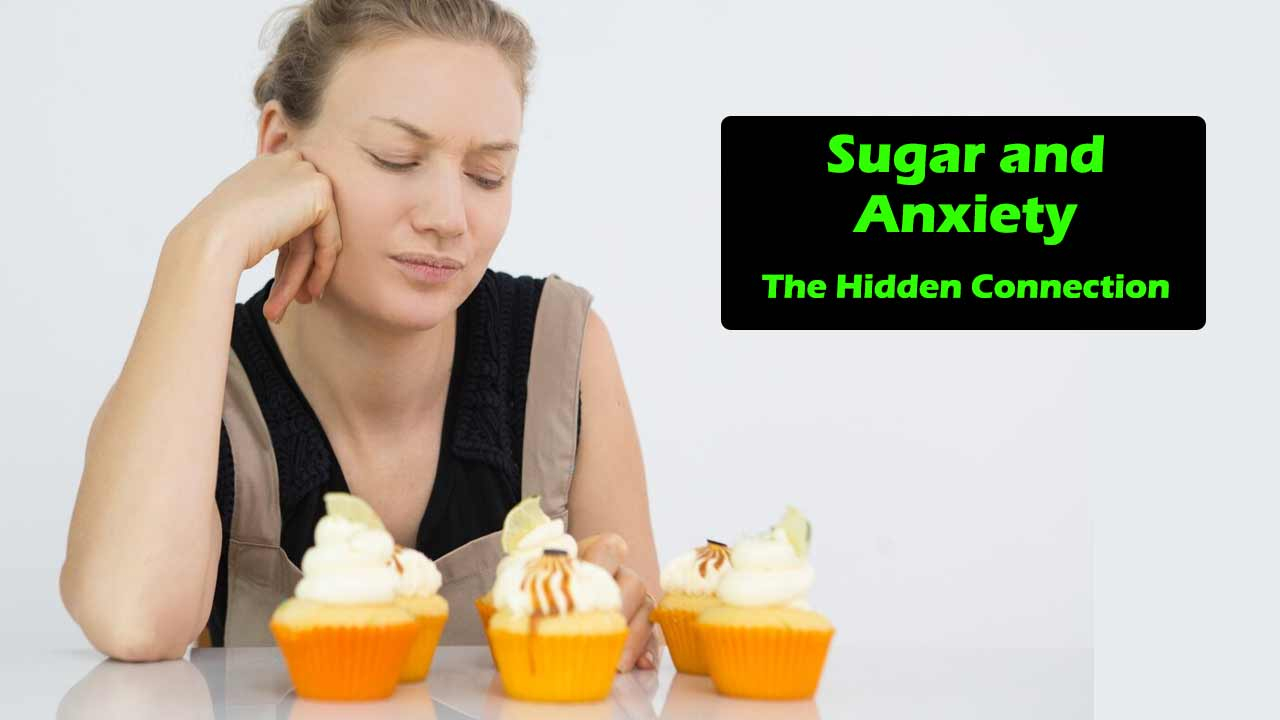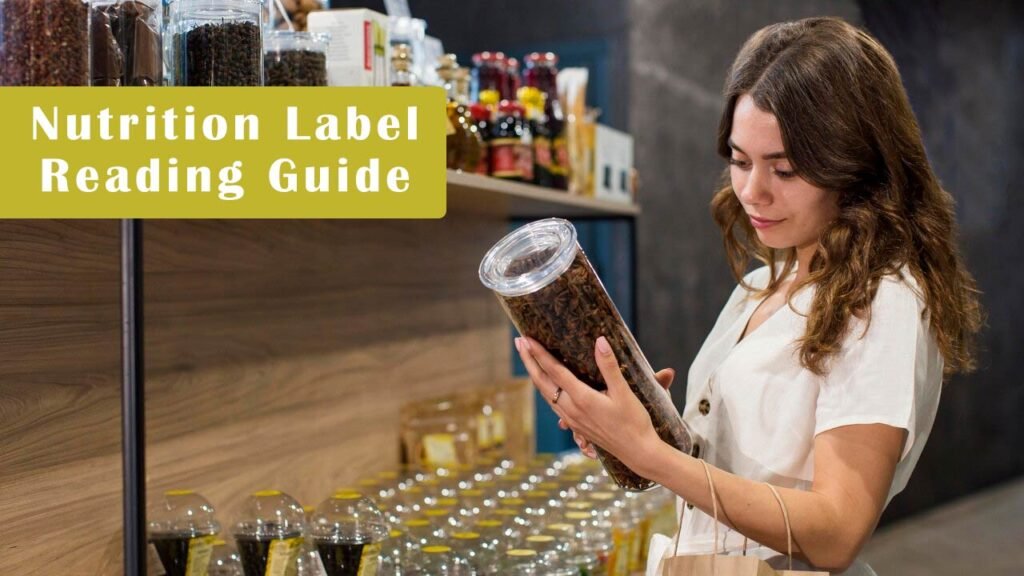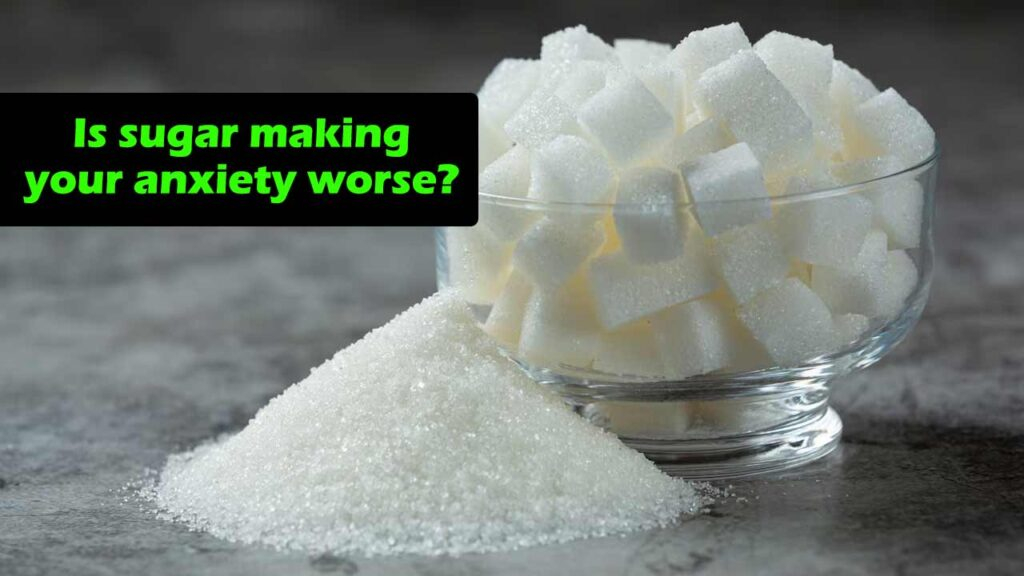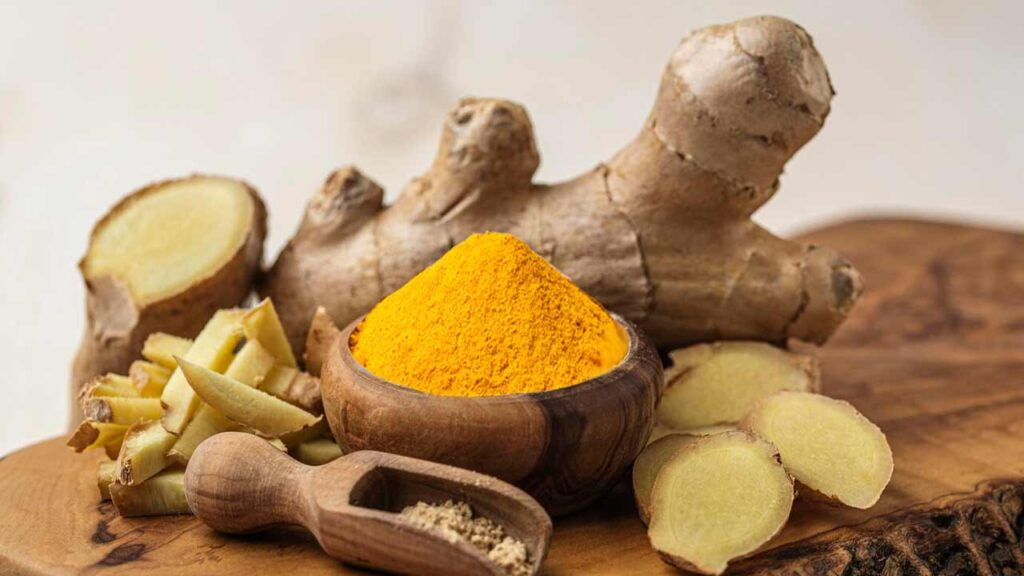Sugar has become so embedded in modern eating habits that most people consume it without a second thought. Yet mounting research reveals a troubling connection between our sweet tooth and rising anxiety levels. While reaching for that candy bar might provide temporary comfort, the long-term effects on your mental health could be doing more harm than good.
This comprehensive guide explores the scientific relationship between sugar consumption and anxiety, backed by expert insights and practical solutions. You’ll learn how sugar affects your brain chemistry, recognize the warning signs in your daily routine, and discover actionable strategies to break the cycle for better mental well-being.
The Hidden Science: How Sugar Disrupts Your Brain’s Balance
The relationship between sugar and anxiety isn’t just correlation, but it’s a complex biological process that affects multiple systems in your body. When you consume sugar, your blood glucose levels spike rapidly, triggering a cascade of hormonal responses that can directly impact your mood and stress levels.
Blood Sugar Rollercoaster and Stress Hormones
Research published in the journal Physiology & Behavior shows that rapid fluctuations in blood sugar can trigger the release of stress hormones like cortisol and adrenaline. These are the same hormones your body produces during anxiety attacks.
Dr. Sarah Johnson, a clinical nutritionist with over 15 years of experience treating anxiety through dietary interventions, explains: “When blood sugar drops after an initial spike, your body interprets this as a threat. It responds by releasing stress hormones to mobilize glucose stores, which can mimic or trigger anxiety symptoms.”
The Gut-Brain Connection
Your digestive system houses approximately 90% of your body’s serotonin, a neurotransmitter crucial for mood regulation. High sugar intake can disrupt the delicate balance of gut bacteria, potentially affecting serotonin production and your overall mental state.
Studies from the Journal of Nutritional Biochemistry indicate that excessive sugar consumption can increase inflammation in the gut, which may contribute to anxiety and depression symptoms through the gut-brain axis.
Neuroinflammation and Cognitive Function
Chronic sugar consumption has been linked to increased neuroinflammation a inflammation in the brain that can impair cognitive function and emotional regulation. This inflammatory response can make it harder to manage stress and may increase susceptibility to anxiety disorders.
Real-World Impact: When Sugar Meets Daily Stress
Understanding the science is one thing, but recognizing how this plays out in everyday life helps connect the dots between diet and mental health.
The 3 PM Energy Crash
Consider Sarah, a marketing executive who relies on afternoon snacks to power through her workday. She typically reaches for a sugary granola bar around 3 PM, followed by a sweetened coffee drink. Within two hours, she experiences what she describes as “random anxiety”—rapid heartbeat, restlessness, and difficulty concentrating.
This pattern is remarkably common. The initial sugar rush provides temporary energy and focus, but the subsequent crash leaves the body in a state that mirrors anxiety symptoms. Many people mistake this biological response for work stress or general anxiety, never connecting it to their dietary choices.
Social Situations and Hidden Sugars
Mark, a college student, noticed his social anxiety seemed worse after certain gatherings. Upon closer examination, he realized the pattern coincided with events where he consumed more processed foods and sugary drinks. The combination of hidden sugars in party foods and social stress created a perfect storm for heightened anxiety symptoms.
The Comfort Food Trap
Lisa, dealing with work-related stress, found herself reaching for ice cream and cookies as comfort foods. While these treats provided temporary emotional relief, she noticed her overall anxiety levels increased over time. This created a cycle where anxiety drove sugar consumption, which in turn worsened her anxiety symptoms.
Expert Insights: Professional Perspectives on Sugar and Mental Health
Leading professionals in nutrition and psychology offer valuable perspectives on managing this connection between sugar and anxiety.
Nutritionist Recommendations
Dr. Michael Chen, a registered dietitian specializing in mood disorders, emphasizes the importance of understanding individual responses: “Not everyone reacts to sugar the same way, but people with anxiety disorders often show heightened sensitivity to blood sugar fluctuations. I work with clients to identify their personal triggers and develop sustainable eating patterns.”
He recommends keeping a food and mood journal for at least two weeks to identify patterns between sugar intake and anxiety symptoms.
Psychological Perspective
Clinical psychologist Dr. Amanda Rodriguez notes the behavioral aspects: “Sugar can become a coping mechanism for anxiety, creating a psychological dependency alongside the physical effects. Treatment often involves addressing both the dietary patterns and the underlying emotional triggers that drive these choices.”
Integrative Approach
Functional medicine practitioner Dr. James Thompson advocates for a holistic view: “We can’t separate mental health from physical health. When I see patients with anxiety, examining their diet—particularly sugar intake—is always part of the assessment. Often, dietary changes can significantly reduce anxiety symptoms, sometimes eliminating the need for medication.”
Practical Strategies: Breaking the Sugar-Anxiety Cycle
Understanding the problem is the first step, but implementing sustainable changes requires practical strategies that fit into real life.
Smart Substitution Strategies
Rather than eliminating all sweetness from your diet, focus on making strategic substitutions:
Replace refined sugars with natural alternatives: Fresh fruits provide natural sweetness along with fiber, vitamins, and minerals that help stabilize blood sugar levels. Berries, apples, and citrus fruits offer sweetness without the dramatic blood sugar spikes.
Choose complex carbohydrates: Whole grains, legumes, and starchy vegetables provide sustained energy without the rollercoaster effect of simple sugars. These foods release glucose slowly, helping maintain stable blood sugar levels.
Incorporate healthy fats and proteins: Adding nuts, seeds, avocado, or lean proteins to meals and snacks can slow sugar absorption and provide more sustained energy.
Meal Planning for Stable Mood
Creating consistent eating patterns can help regulate blood sugar and reduce anxiety symptoms:
Start with protein-rich breakfasts: Beginning your day with protein helps stabilize blood sugar levels and may reduce sugar cravings later in the day.
Plan balanced snacks: Combine a small amount of natural sweetness with protein or healthy fats. Examples include apple slices with almond butter or Greek yogurt with berries.
Time your meals strategically: Eating every 3-4 hours helps prevent blood sugar dips that can trigger anxiety-like symptoms.
Stress Management Techniques
Since stress often drives sugar cravings, developing alternative coping strategies is crucial:
Mindful eating practices: Pay attention to hunger cues and emotional triggers that lead to sugar consumption. This awareness can help break automatic eating patterns.
Physical activity: Regular exercise helps regulate blood sugar levels and provides natural stress relief. Even a 10-minute walk can help manage sugar cravings.
Sleep optimization: Poor sleep increases cortisol levels and sugar cravings. Prioritizing 7-9 hours of quality sleep can significantly impact both sugar intake and anxiety levels.
Reading Labels: Hidden Sugars in Common Foods
Many people unknowingly consume excessive amounts of sugar because it’s hidden in seemingly healthy foods.
Common Hidden Sugar Sources
Condiments and sauces: Ketchup, barbecue sauce, salad dressings, and marinades often contain significant amounts of added sugar.
Processed foods: Bread, crackers, and even savory snacks may contain added sugars to enhance flavor and preservation.
Beverages: Sports drinks, flavored waters, and coffee drinks can contain as much sugar as sodas.
“Health” foods: Granola bars, protein bars, and flavored yogurts are often loaded with added sugars.
Label Reading Skills
Learn to identify sugar in ingredient lists, it appears under many names including high fructose corn syrup, agave nectar, brown rice syrup, and dozens of other terms. Ingredients are listed by weight, so if any form of sugar appears in the first few ingredients, the product is likely high in sugar.
Building Long-Term Success: Sustainable Habit Formation
Creating lasting change requires more than willpower, it demands strategic habit formation and realistic expectations.
The Gradual Approach
Rather than eliminating all sugar immediately, which can lead to feelings of deprivation and eventual binge eating, consider a gradual reduction approach:
Week 1-2: Track your current sugar intake without making changes. This creates awareness without judgment.
Week 3-4: Eliminate one obvious sugar source, such as sweetened beverages or afternoon candy.
Week 5-6: Focus on reading labels and reducing hidden sugars in processed foods.
Week 7-8: Introduce more whole foods and natural sweeteners.
Creating Support Systems
Share your goals with family and friends who can provide accountability and support. Consider joining online communities or working with a registered dietitian who specializes in anxiety and nutrition.
Celebrating Small Victories
Acknowledge progress in reducing sugar intake and improvements in anxiety symptoms. These positive reinforcements help maintain motivation for long-term change.
Your Path Forward: Taking Control of Sugar and Anxiety
The connection between sugar and anxiety isn’t just another dietary trend, it’s a scientifically-backed relationship that affects millions of people daily. By understanding how sugar impacts your brain chemistry and mood regulation, you’re already taking the first step toward better mental health.
Small, consistent changes in your diet can lead to significant improvements in anxiety symptoms. Start by tracking your sugar intake and mood patterns for two weeks. This simple step will help you identify your personal triggers and create a foundation for sustainable change.
Remember that this journey isn’t about perfection, it’s about progress. Each choice to opt for a piece of fruit instead of candy, or water instead of a sugary drink, is an investment in your mental well-being. Your future self will thank you for the steps you take today.









